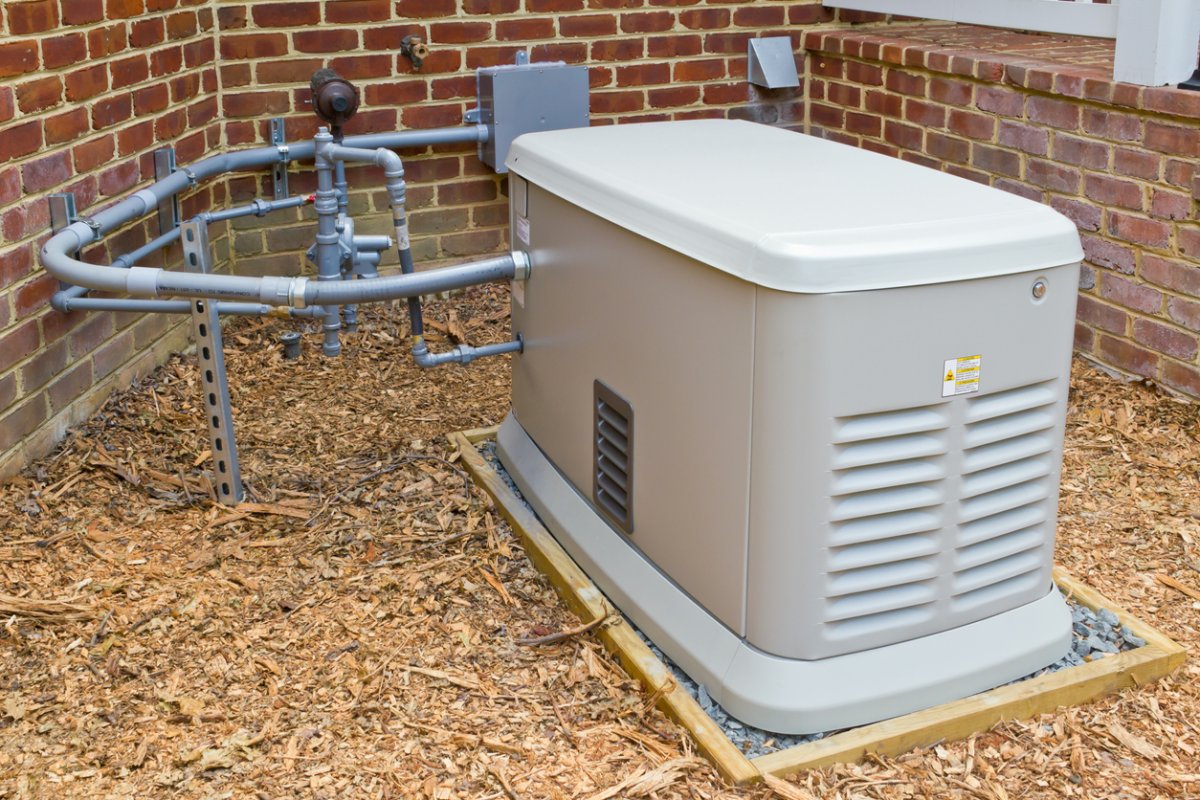

We may earn revenue from the products available on this page and participate in affiliate programs. Learn More ›
Standby generators are incredible pieces of equipment. They sit quietly outside until the second they’re needed, at which point they fire up and energize the home, keeping everyone safe and comfortable. Plus, they add value to the home with some expert estimates between 3 and 5 percent.
But what if you’re shopping for a home, and the house you want already has a generator installed? Is this a good thing, or should you be concerned? Here are six things to know before buying a house with a standby generator.
RELATED: 11 Types of Generators and When to Use Them
1. Inquire about the generator’s age.
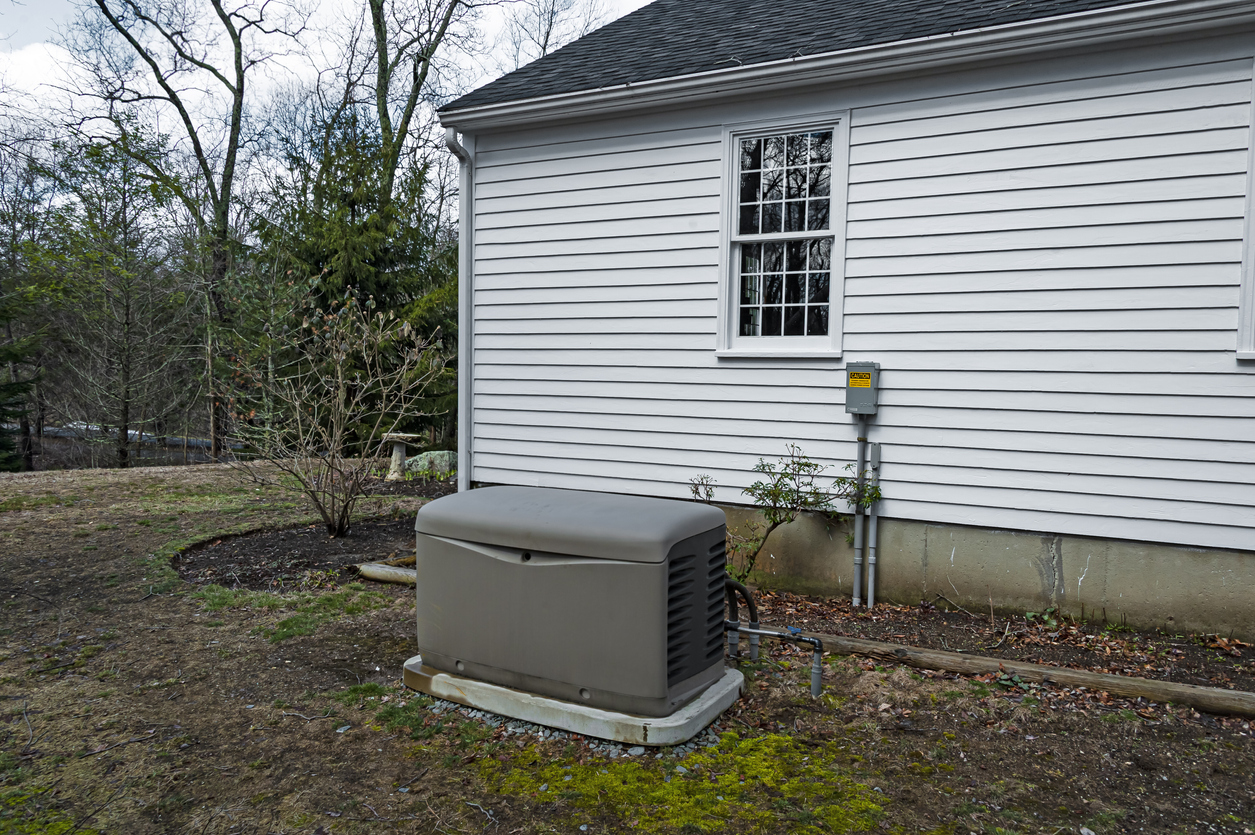
Find out the generator’s age before making an offer on the home. The seller and their real estate agent will likely price the house a bit higher because it comes with a generator, but it may not be worth the increase if it’s old.
The average cost to install a new standby generator is around $9,520. Installs at the top end of that range will likely warrant a sizable bump in asking price, but only if they’re under 2 or 3 years old. The value can depreciate quickly beyond that point. And if the generator needs to be replaced, you could be paying for the generator twice.
RELATED: The 18 Best Generator Brands
2. Understand the size and capacity.
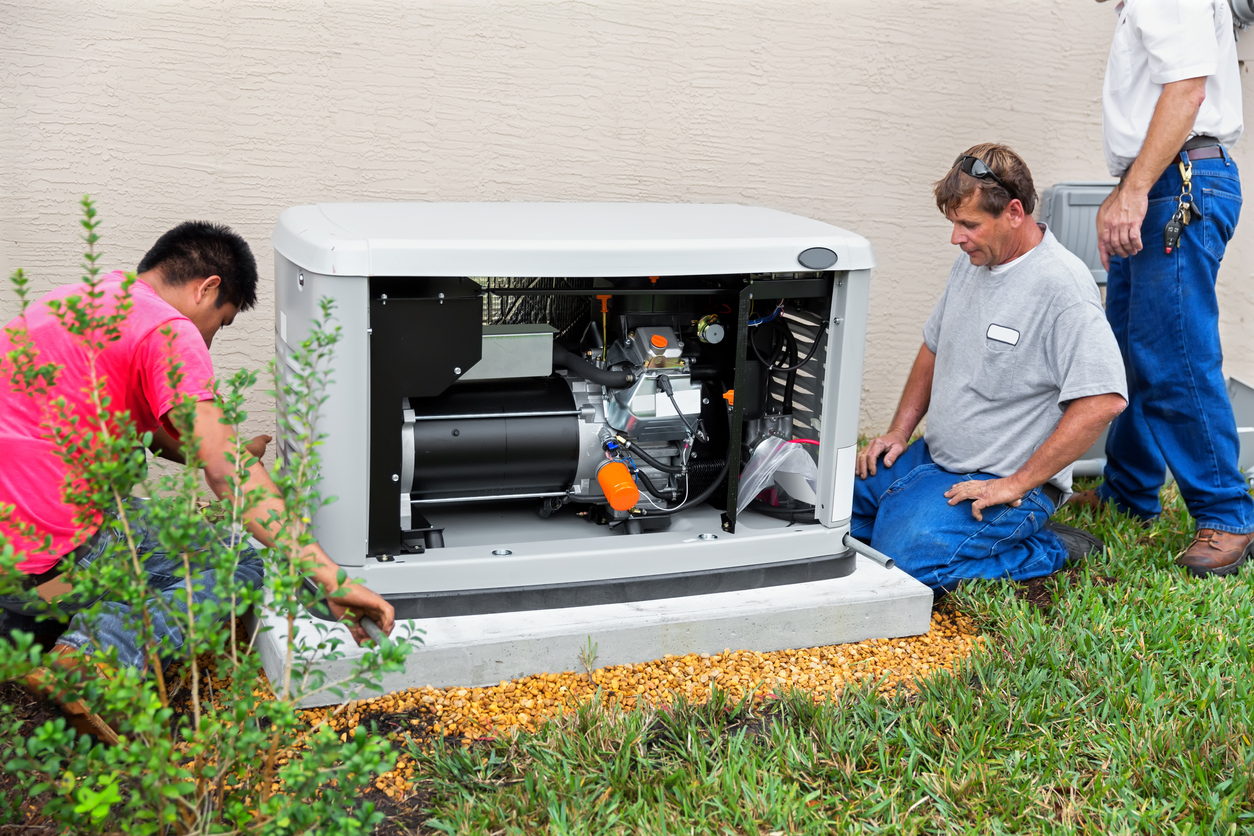
Generators come in various sizes with different outputs and capacities for homes of all sizes. While a generator should be sized to the home during the purchase and installation process, home shoppers should still verify that the generator is the correct size for the home.
Consider several scenarios where a generator may be undersized. If the generator was installed before the large addition was built, it may not be capable of powering the entire home’s needs. The same could be true if a garage was built and the power is fed from the house, or the seller installed a state-of-the-art video game lounge and studio in the basement. In these cases, the homeowner may have to shut several breakers off when the generator starts to create a load that the generator can handle.
RELATED: So, You Want to… Install a Whole-House Generator
3. Know its fuel source.
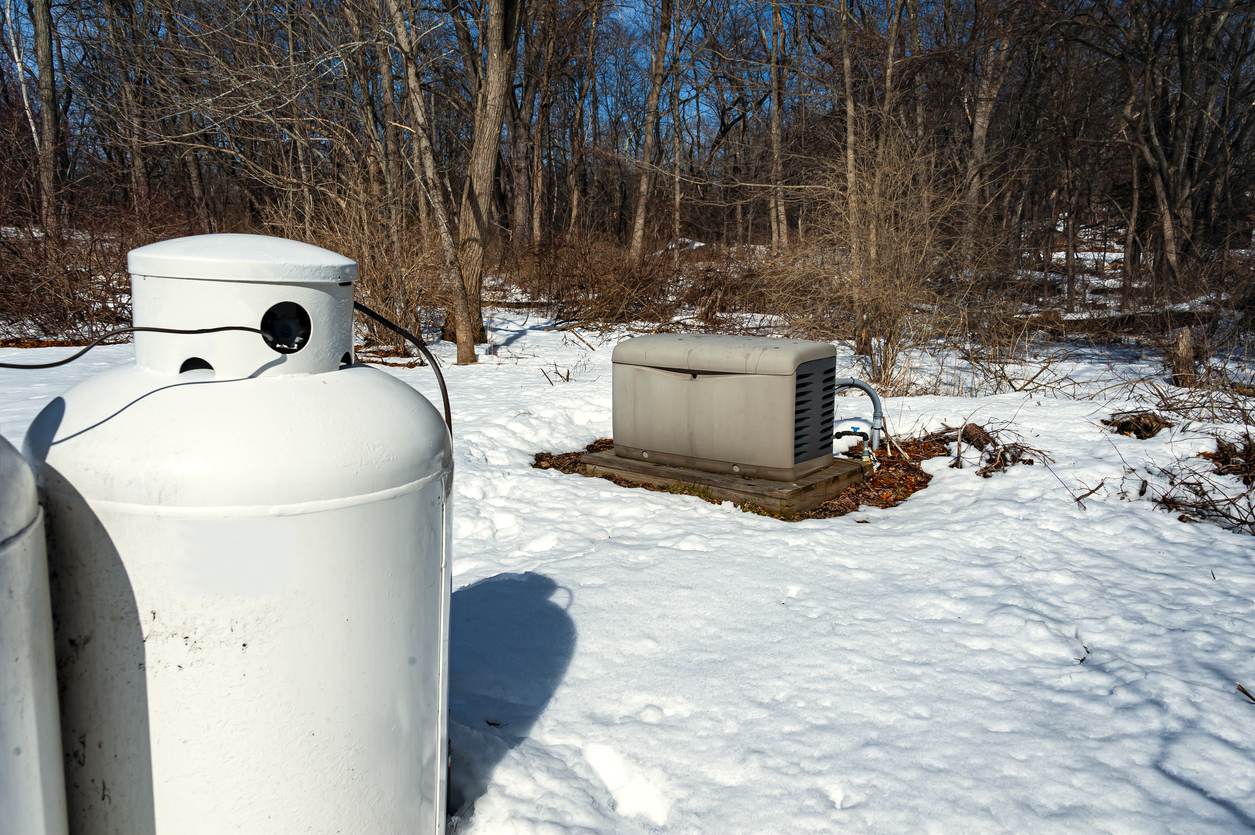
There are three types of fuel that a standby generator can use: diesel, natural gas, and propane. It’s crucial to know which fuel source the generator in question uses before it’s time for a refill, but also it’s important so you know what type of maintenance you might be getting into.
- Propane generators run very cleanly and are relatively kind to the environment. However, these generators require propane deliveries and standalone tanks, and the generators are complex to maintain.
- Natural gas is readily available through pipelines or deliveries and it burns cleanly, but the process of removing it from the ground through fracking doesn’t sit well with all customers.
- Diesel is louder and dirtier than the other options, but it’s the safest of the fuels to store, and the generators themselves are simple to maintain.
RELATED: 9 Reasons Every Household Should Have a Portable Generator
4. Generators do require maintenance.
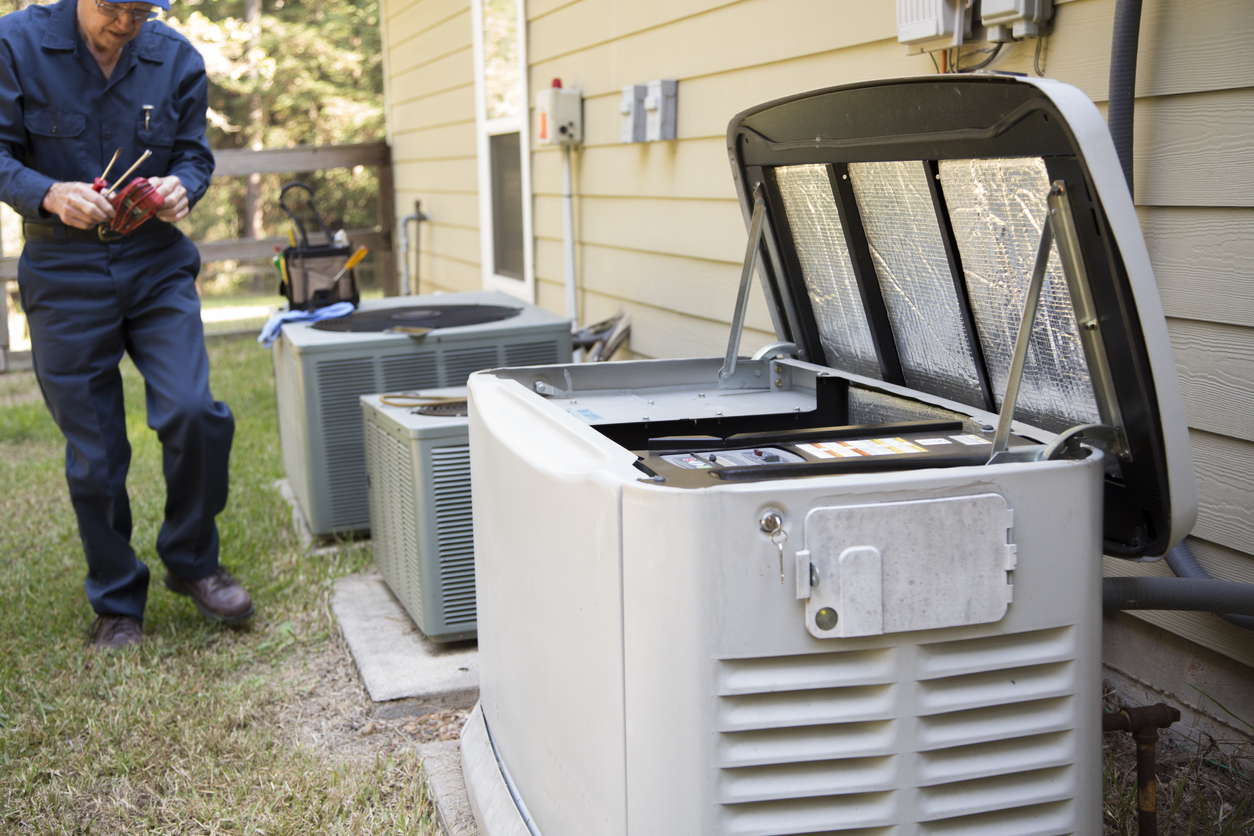
Before you buy that house, ask yourself if you’re ready to maintain its generator. These machines are not dissimilar to a vehicle engine, with all sorts of oils, coolants, lubricants, belts, and filters to manage. Each part needs to be inspected, changed, and flushed from time to time to ensure the machine is in top shape. If not, the generator could fail to start.
As mentioned, diesel generators are the closest to vehicle engines and easier to maintain than the others. Propane and natural gas are a bit more complex. However, homeowners can pay for yearly maintenance on their generators rather than performing the job themselves, and this usually costs between $80 and $300.
RELATED: The Best Quiet Generators for a Peaceful Power Supply, Tested
5. Understand the transfer switch.
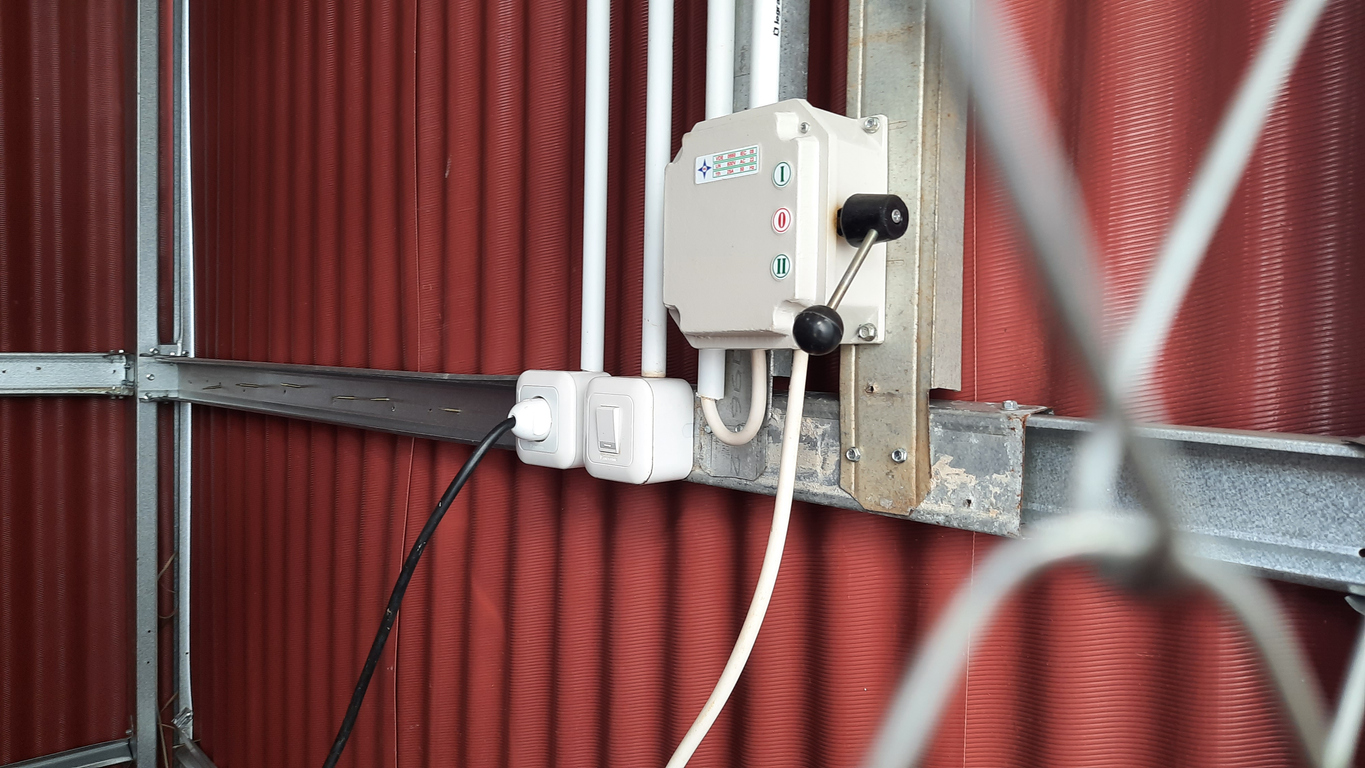
The transfer switch is the device in the home that allows the user to switch from grid power to generator power. There are two types of transfer switches: automatic and manual. It’s important to know which is used and how old it is before you purchase the home.
Automatic transfer switches sense a drop in power and automatically flip to isolate the home from the grid while also triggering the generator. These are handy, but they can be expensive if they fail.
A manual transfer switch requires the homeowner to fumble through the dark to flip it themselves, isolating the home and firing up the generator. If either of these switches is older, it may be best to use them as a bargaining chip when negotiating the house’s price.
Note: These switches are incredibly important for many reasons, but one of the most critical is their ability to keep the home safe. These switches prevent generator power and grid power from meeting when the grid comes back up, which could be incredibly dangerous otherwise.
RELATED: A “Charged” Debate: Portable vs. Standby Generators
6. Is it up to code?
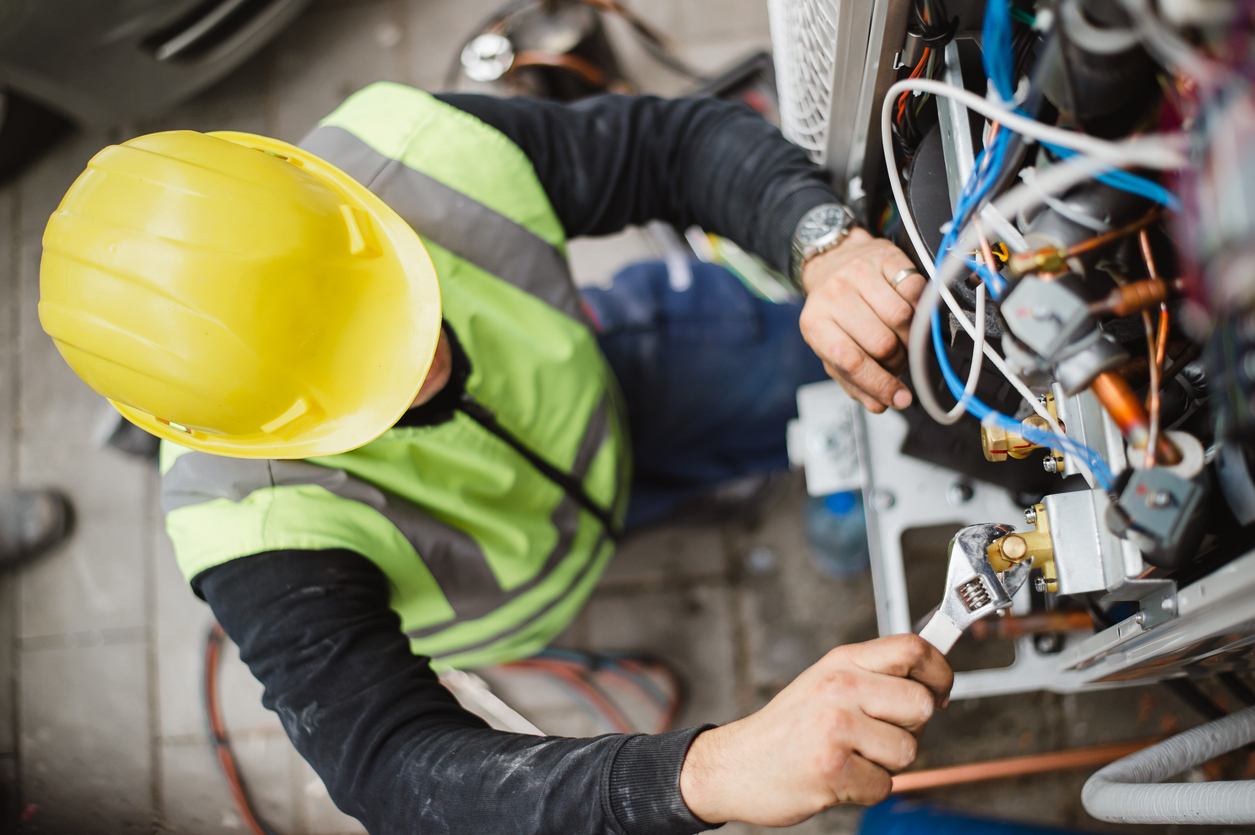
Before you purchase the home, it’s a good idea to have the generator inspected by a professional. Propane and diesel generators can be a doable install for someone with a bit of electrical background, even if they haven’t installed one before. If not done correctly, it could be a serious safety issue and it could also have implications down the road.
If you purchase the home and the generator goes kaput, you’ll likely have to call a generator service to repair or install. If that generator pad, fuel supply, power lines, or even the machine itself isn’t up to code, the company may refuse to service the generator unless you’re willing to bring everything up to snuff. This can be an expensive mistake, so it’s best to have the generator inspected before buying.
